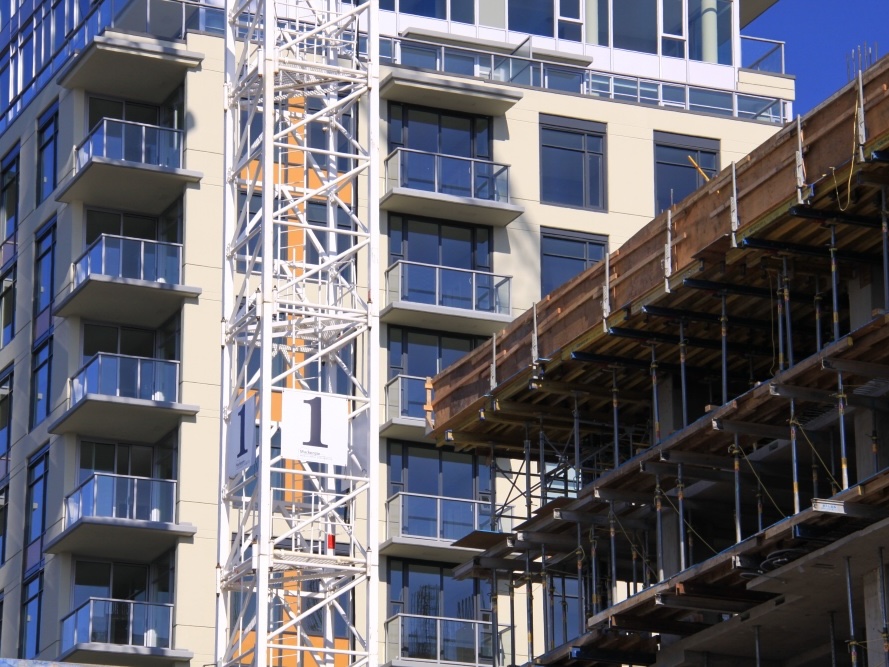- Haus Hacks by Studenthaus
- Posts
- 🌳 Housing progress = climate progress
🌳 Housing progress = climate progress
The impact of urban densification on climate, plus housing platforms for the April 28 federal election
IN THIS ISSUE
🎩 Housing progress is climate progress
🗳️ Election preview: party housing promises
👏 Good news in housing will return
🧩 More from Studenthaus
🗂 Rental resources
TOP STORY
🌳 Housing progress = climate progress
Housing affects the climate more than most people think. Not just because of what gets built, but because of where—and how that shapes daily life.
When new homes go up miles from campuses or transit, students and young workers are stuck driving. That means longer commutes, higher costs, and more emissions baked into the way people live. It’s a housing problem with climate consequences.
Young renters already know what works
In our 2024 Outlook, fewer than 6% of students said they prefer a car-based lifestyle. Most want housing in walkable, transit-connected neighbourhoods with basic services like groceries, parks, and cafes, close to home. The 15-minute city isn’t a buzzword to them. It’s just what makes sense.
Still, much of today’s housing supply is out of sync with that demand. Projects continue to get built far from transit, often surrounded by parking, not people. That disconnect forces car ownership and adds to the pressure on students who are already stretched thin.
Some cities are shifting gears
Cities like Toronto, Montreal, and Vancouver are experimenting with car-free zones, repurposing space for pedestrians and community life. Vancouver plans to turn a six-block stretch of Granville Street into a pedestrian-only entertainment district starting in 2025. Victoria, B.C. even approved multiple car-free housing projects. These changes show what’s possible when public space is designed around 21st century mobility.
But for now, those examples are limited. The bulk of new housing is still being built with car-first assumptions, even though the next generation of renters is trying to live differently.
Build smarter, not just more
Zoning for more homes near transit should be the default. Cities can remove parking minimums and support projects that make it easier to live without a car. The federal government can support that by treating new housing policy as a part of climate planning, not something left for other stakeholders to figure out on their own.
The Bottom Line
Students are already making low-emission choices. It’s time for housing policy to stop getting in the way of progress and catch up to what young renters really want.
🗳️ Election preview: housing promises
Here are three articles that summarize what political parties are promising on housing ahead of the April 28 federal election. Take a look, and make sure that you’re registered to vote!
🧩 More from Studenthaus
SHI 2023 Outlook Research about how students make housing decisions. 3 cities, 250 students, $3k in grants given away. | SHI 2024 Outlook Research about how students make housing decisions. 5 cities, 650 students, $5k in grants given away. |
🗂 Rental resources

Photo by Mikhail Pavstyuk on Unsplash
Whether it’s your first time living on your own or you’ve been renting for years, this is the time of year that lots of young people are considering their future housing plans.
Is your landlord illegally entering your unit, trying to change your agreement without your consent, or unreasonably preventing you from having overnight guests?
If so, and you can’t quite figure out how to word a message to your landlord, check out the list of template letters from BC’s Tenant Resource and Advisory Centre to help you out.
There’s even a template roommate agreement.



